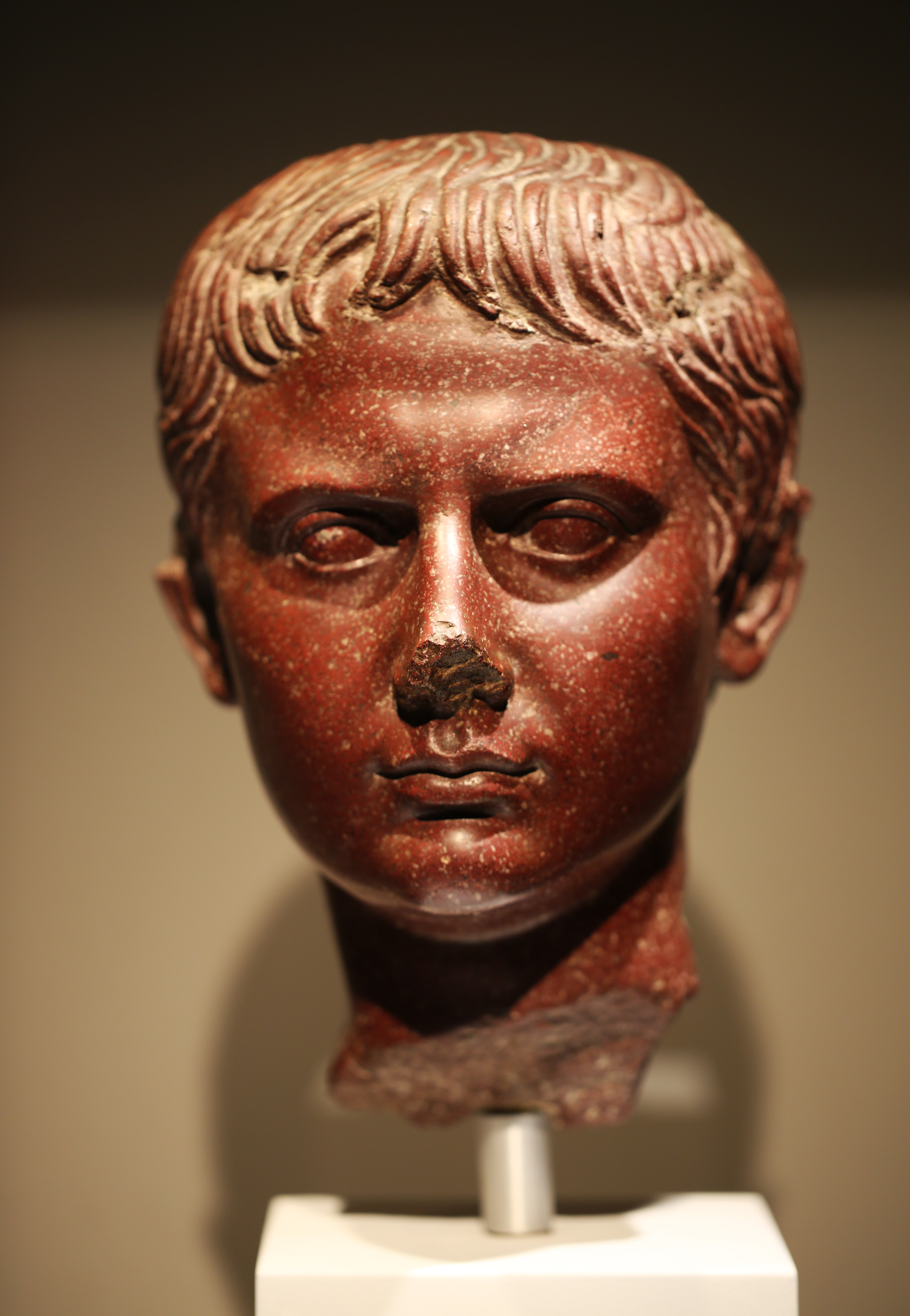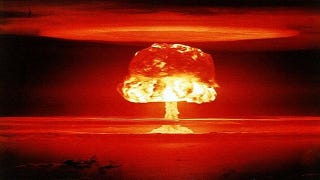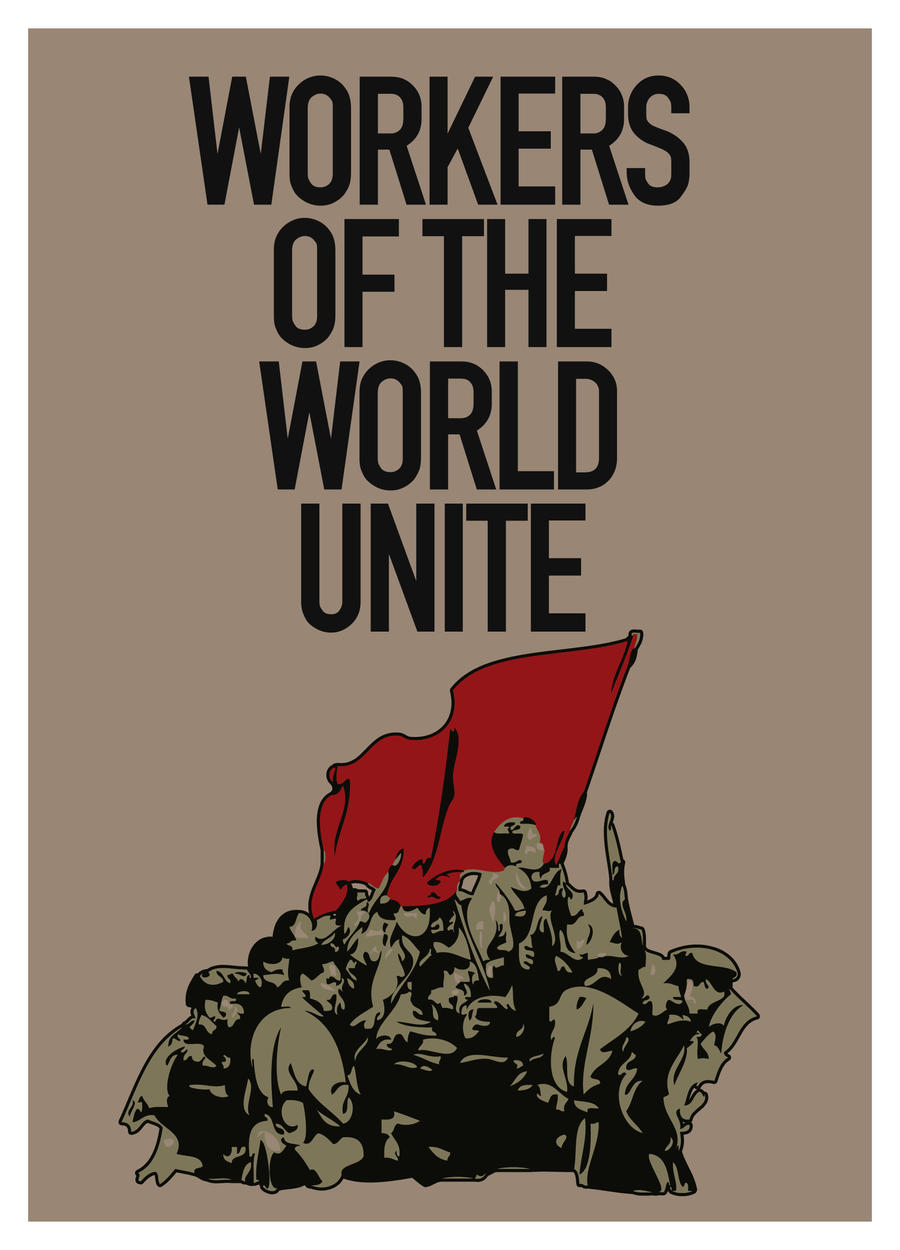When King Friedrich Wilhelm IV announced a parliament to meet, he summoned many Junkers and nobles to come. However, several refused the call, one being a young, eccentric junker named Otto von Bismarck, considering this a capitulation and illegitimate, and therefore a waste of time.
 |
| Bismarck, here in 1847. Or a younger General Lee. Frankly, everyone in mid-19th century had that kind of beard and mustache. |
The national assembly that had been gathered debated what was needed to make Prussia a constitutional monarchy, but King Friedrich Wilhelm had his own plans, and by December, had reoccupied Berlin, dissolved the assembly, and promulgated a conservative constitution that tipped the scales in the favor of the rich, nobles and military.
Elsewhere in Europe, 1849 turned into a resurgence of the reactionary movement. This was topped off when the liberal nationalist Frankfurt Assembly offered the crown of a new Emperor of Germany to Friedrich Wilhelm, who promptly declined it, considering the Frankfurt Assembly illegitimate (and not wanting to get on Austria's bad side).
As the memory of 1848 drifted off, Europe returned to its conservative, Congress of Vienna roots from a generation before. Nationalism, while not gone, had been suppressed with bayonets and broken promises. France and Britain were more concerned with imperialism in Asia and Africa, while Austria, Russia, Prussia and dozens of smaller states continued to uphold the status quo, but the remnants of of Springtime of Nations was still there: the Prussian constitution, most notably.
King Friedrich Wilhelm suffered a stroke in 1857, and his brother, Prince Wilhelm, acted as Regent for the mentally incapacitated King until Friedrich Wilhelm's death in 1861, at which point Wilhelm ascended the throne as Wilhelm I. The Prussian legislature by this time had become increasingly liberal, and, with their powers over budgets and taxation, began to make demands, including on how the money should actually be spent. When the army asked to raise more soldiers, and increase the terms of conscription from two to three years, the Landtag refused to pass the budget to grant this money. This was a terrifying prospect to the Junkers and the Army: the famed saying of Voltaire that Prussia was not a state with an army, but an army with a state, was just as true a hundred years later. The fact that the people (mostly middle class professionals that chafed under the conservatism entrenched by the Army and King) wanted a say in running the army and how their tax money should be spent set conservative and liberal at each other's throats.
 |
| Because there is nothing in history more vicious than a left and right battle royale. |
The problem that King Wilhelm faced was that it was becoming increasingly hard to solve this constitutional crisis: giving into the Liberals would upset the army, but getting rid of the Constitution might lead to another 1848. Wilhelm was also not the most confident of men, prone to self doubt. He considered abdicating, but was convinced to stay on the throne. But the political deadlock continued: Minister Presidents, who served at the King's pleasure, was unable to get the proposals through parliament. New elections were held in 1863, but that only lead to more liberal members being elected. Emboldened, the Liberal majority demanded that the constitution be reformed, and a true constitutional monarchy on the basis of the British be declared. This was even more horrifying to the elites of Prussia, because the monarch of Britain was little more than a figurehead: while Queen Victoria was popular, and nominally in charge of the military and the nation, the Prime Minister was the one that exercised full political control.
King Wilhelm, his nerves straining, finally acquiesced to the Liberal demands, and began discussions on reforming the constitution. The Army was furious, and soon the more reactionary members were plotting to capture the King, dispose of parliament, and reform an autocratic regime. But the coup attempt was badly bungled: the King was shot, and died several days later. The people in Berlin rose up, threw out the army, and declared a republic. The entire nation was in chaos, with many soldiers refusing to follow their officers orders. The Crown Prince Frederick, himself a Liberal, was ignored by all sides. Austria and Russia, fearing the worse, began to mobilize their armies. France, having become the Second Empire under Napoleon III in 1852, sensing an opportunity, marched into the Rhineland while preaching that Prussia should become liberal. War was only averted when the British proposed a conference in Brussels, and began working on a new settlement.
The German states, considered unstable and unruly (and threatening the peace of Europe), where forcibly federated into a new German Confederation. Prussia was to be made part of it, but was carved up into smaller pieces (part of the Rhineland given to France, part of East Prussia to Russia, and a big chunk of Silesia back to Austria) and made an equal of states like Bavaria, Hanover, Saxony and Wurttemberg, as each Kingdom was given a veto on unified action: all decisions on a federal level had to be unanimous. Austria was also technically made part of it, but mostly to give the Emperor in Vienna a veto over anything the other states might attempt. The smaller kingdoms could keep their armies, and only in war were they to be unified. And the German Confederation was not allowed to make alliances without approval from the other Great Powers, which effectively neutered the nation.
It was hoped that by forcibly unifying them, and keeping them squabbling amongst themselves, they would prevent Europe from going to war. But this was short lived. The Federal Parliament, seen as originally as little more than a debating club, soon gained a liberal, nationalist majority. The smaller Kingdoms of the Confederation began to see themselves as Germans first and foremost, began to chip away at the restrictions: central power was centralized in the mid 1870s, Austria relinquished it's veto in favor of massive loans in the face of Hungarian unrest and economic crisis, and the prohibition of alliances was rescinded in 1879. However, the new German confederation vowed to remain at peace, only maintaining an army for defense, and developed friendly ties with other nations in Europe. Militaries were not excessively large, mostly for defense or, in the case of France and Britain, for the defense of Empire. Italy remained a patchwork of independent states under the boot of Austria despite support in France and Germany for Italian unification, though that is still far in the future.
 |
| The only time that a unified Italy hasn't disappointed everyone was 1800 years ago... |
The German economy began to grow rapidly as railways and a merchant marine was built up, while many immigrants headed for America. By 1900, Germany was rich, had a decent army, and the goodwill of all nations. The problems the nation faced was more between socialists and laissez-faire capitalists as industrialization swept Europe. While some nationalists were furious that Germanic lands like Alsace-Lorraine, Prussia and even Austria were not part of the larger Germany, there was little in the way of military threats in Europe.
At least until Austria and Russian nationalists began to rise up in the early 1900s. But that's another story.
As for Otto von Bismarck: the well known and popular farmer of East Prussia, having built a fortune from land and mining, died peacefully in his sleep in 1898, leaving his vast wealth to his extended family. While a true Junker conservative, refusing to fly the German Confederation flag until his dying day in place of the Prussian standard, he never did participate in politics, refusing to even vote in elections.
But what do you think? What would have had Bismarck never came to power or unified Germany through "Iron or Blood?" If you have a comment or a suggestion, leave a comment below, email me at tbguy1992@gmail.com or look for me on Twitter, @tbguy1992.























.jpg)




